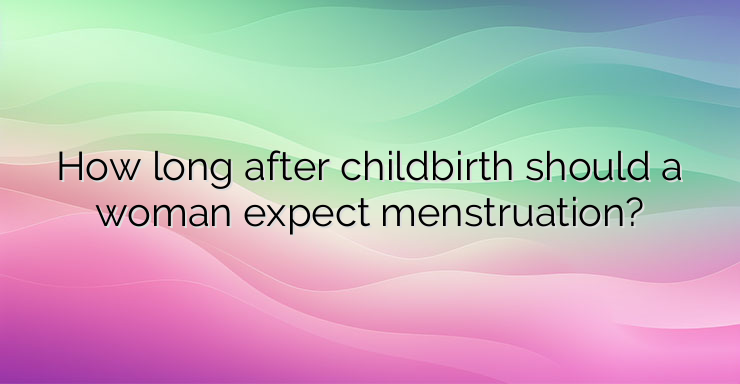Every month, a woman’s body goes through a cycle of changes to prepare for a potential pregnancy. One of the ovaries releases an egg, hormones prepare the cervix to support possible sperm, and the uterus thickens to grow a possible baby. If pregnancy does not occur, on the 28th day (on average) the cycle ends and the lining of the uterus is shed. Throughout pregnancy, the body preserves the lining of the uterus, which is why menstruation does not occur during this time. Although the cycle stops, bleeding during pregnancy is still not excluded. It happens to almost 1 in 4 women for various reasons. Many women who bleed during pregnancy give birth to a healthy baby. However, you should immediately consult an obstetrician-gynecologist if you notice bleeding at any time during pregnancy. During the first 12 weeks of pregnancy, the very attachment of the fertilized egg to the lining of the uterus can cause bleeding. This is known as implantation bleeding. It usually only lasts a few days. However, bleeding during early pregnancy can signal that the fertilized egg has attached itself outside the uterus – in these cases it is an ectopic pregnancy. During the first few days after delivery, it is normal to have period-like bleeding as the uterus shrinks back to its pre-pregnancy size. Bleeding immediately after birth can be quite heavy. It may also be bright red for the first few days, but gradually turns brownish in color before stopping after about 2 months. Bleeding may be heavier in the morning, after waking up, after breastfeeding, or after exercise. Uncontrolled heavy bleeding after giving birth, called postpartum hemorrhage, can be a serious problem. After giving birth, menstruation will return at each woman’s body’s own pace. If the baby is fed from a bottle and, accordingly, the mother does not breastfeed, the resumption of regular ovulation and the cycle will occur earlier than if the mother in labor breastfeeds. If a woman chooses to breastfeed exclusively (ie no formula feeding), the first period may not return for several months – sometimes it may not even return for 1 to 2 years if breastfeeding continues for a longer time. If the mother decides to supplement the newborn with formula milk or partially breastfeed, menstruation can resume as soon as 3 weeks after birth. Does breastfeeding affect menstruation? Absence of menstruation while breastfeeding is known as lactational amenorrhea. How long it lasts depends on how often the mother breastfeeds and when she introduces other foods into the baby’s diet. It’s hard to predict when your period will return after giving birth – and how your baby eats is just one factor that affects this. However, once the body starts releasing eggs again,pregnancy may occur even before the actual onset of the first period after childbirth. References: 1. https://www.nhs.uk/common-health-questions/pregnancy/when-will-my-periods-start-again-after-pregnancy/ 2. https://www.pregnancybirthbaby.org. au/periods-after-pregnancy 3. https://www.ckbhospital.com/blogs/periods-after-delivery/


Leave a Reply